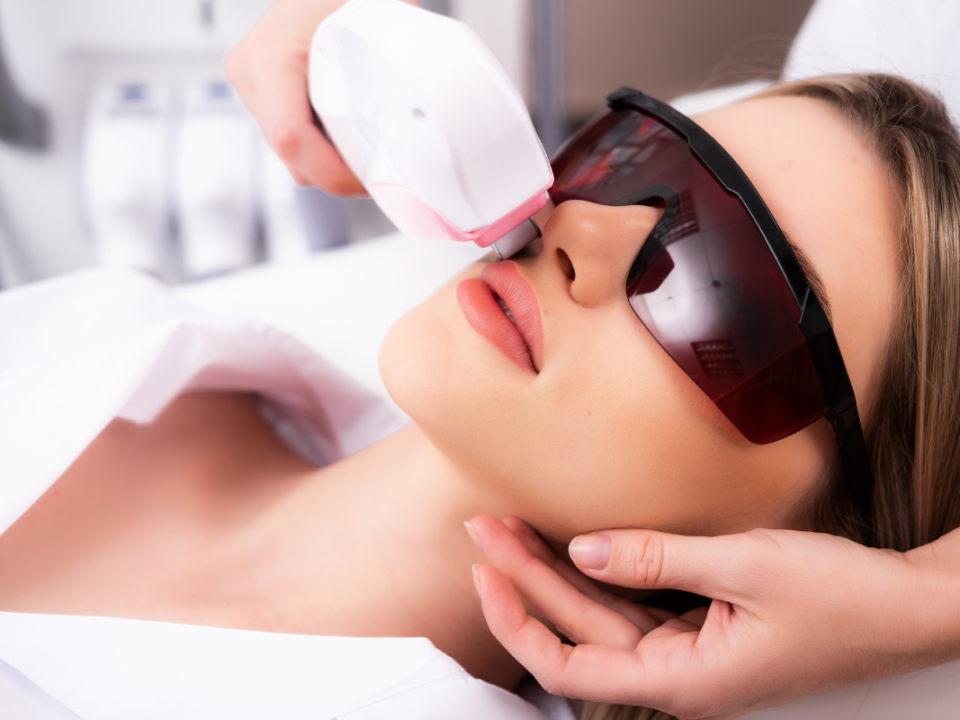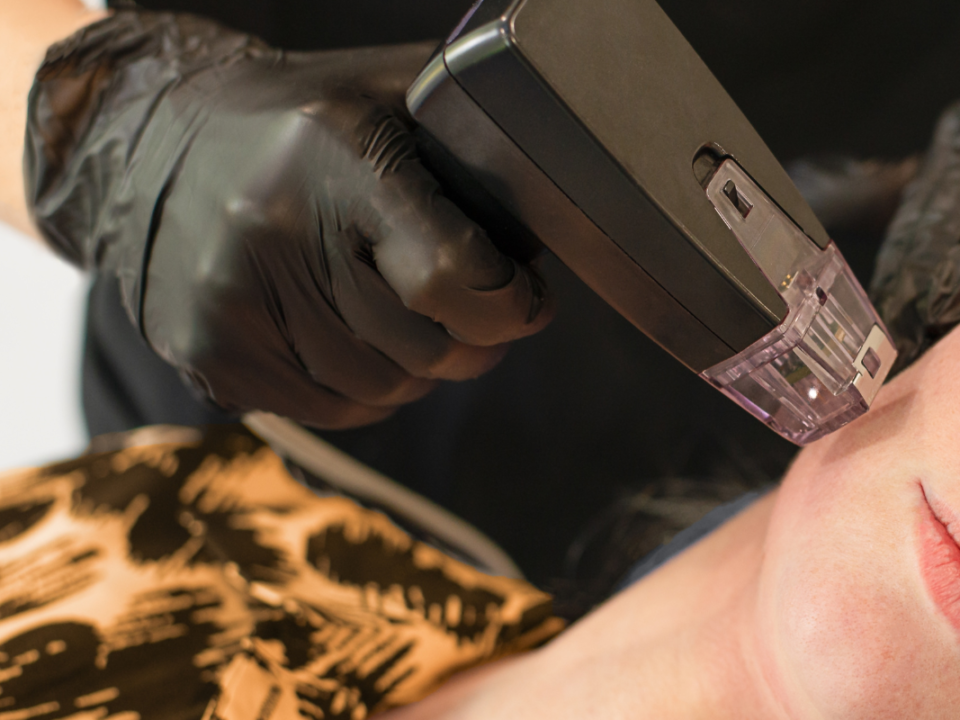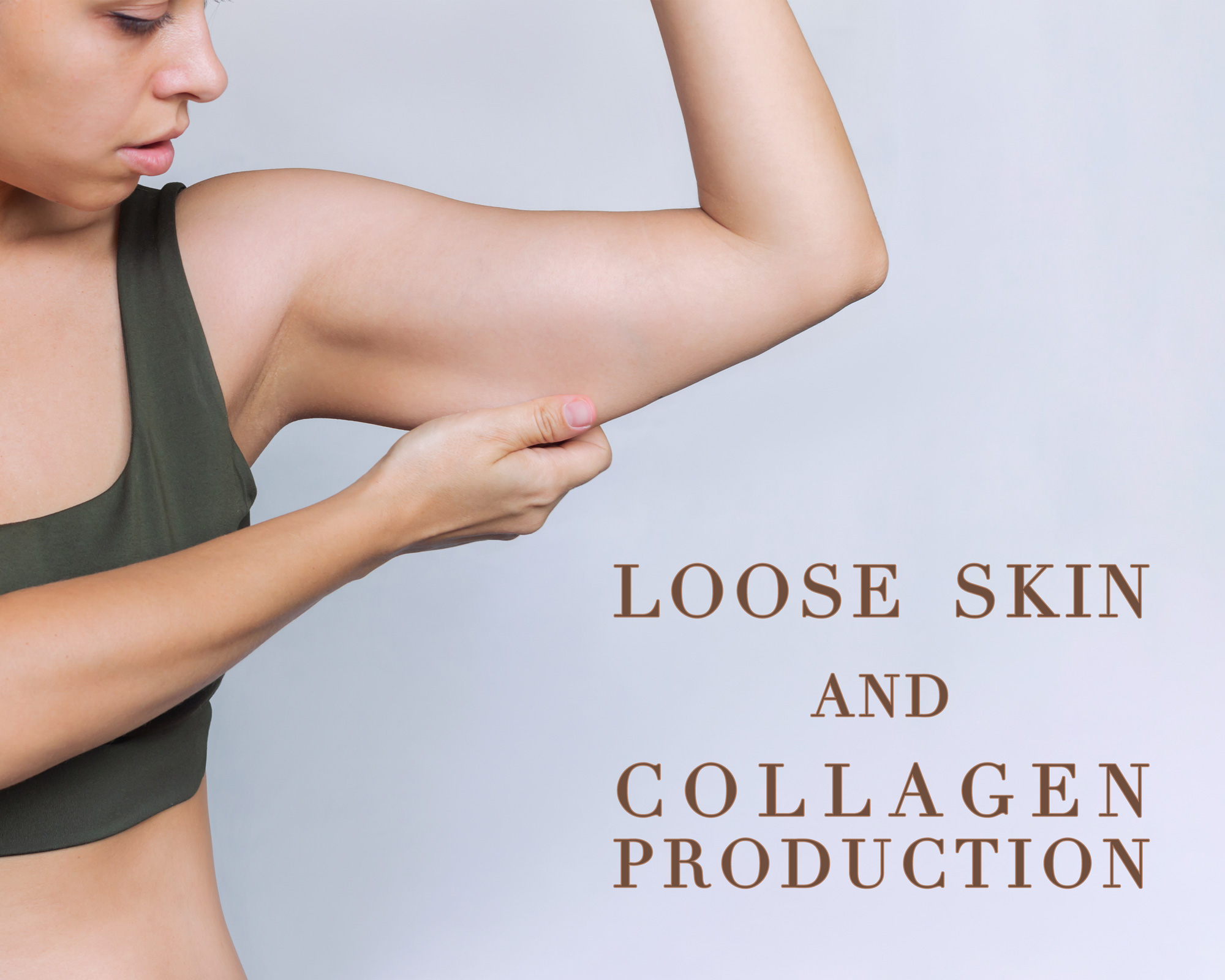
Loose Skin and Collagen Production
September 26, 2022
Discoloration of Skin with Lumecca
November 7, 2022Vitamins are as essential for your livelihood as air and you need to get them from the food you eat, because your body can’t produce it, or the amount is less than what you need. There are generally two types of vitamins: water-soluble and fat-soluble. In this article, we will explain everything about these vitamins. Are you ready? Let’s go!
What Do Vitamins Do For Your Body?
Your first question about vitamins probably is about what they do! In short, they are very important for your body to function properly. But will go deeper on this.
Some kinds of vitamins help with beating infections and nerve protection, while others help with getting energy from food or blood clot.
- Vitamin B1 allows your body to turn food into energy and keep the nervous system healthy.
- Vitamin B6 helps with keeping the nervous and immune systems healthy. You can find vitamin B6 in fish, potatoes, chickpeas, bananas, and fortified cereals.
- Vitamin B12 is required to form blood cells and DNA. It is also a key player in the function and evolution of brain and nerve cells.
- Biotin is a B vitamin found in foods you consume. It helps the body turn food into energy and plays other essential roles in your overall health, such as boosting the wellness of your hair and nails, supporting a healthy pregnancy, and managing blood sugar levels.
How to Gain Vitamins?
You could get enough vitamins from food by following the dietary guidelines. If your diet is rich in meat, chicken, dairy, and fruits, you have more energy to go about your day a more youthful appearance. you can use supplements to provide your body with more vitamins as well.
Vitamins for Skin
Regular skincare plays a crucial role in your skin’s health. However, sunscreens, moisturizers are not enough for a youthful appearance. Vitamins can also significantly affect your skin’s health and youthfulness.
Yet, not all vitamins affect your skin. Only Vitamin E and vitamin C promote skin development. They help your skin to heal itself. The first piece of advice for a healthy skin is to restrict the time you spend outside, and wear sunscreen. Of course, you should have 10 or 15 minutes of daily sun exposure to get vitamin D for your skin. Below is a list of every vitamin that is crucial for your, and your skin’s health and wellbeing:
- Vitamin D
Vitamin D is essential for skin protection and revitalization. Calcitriol, active form vitamin D, helps with skin cell growth, and metabolism. It also improves your immune system and helps your skin to destroy the free radicals.
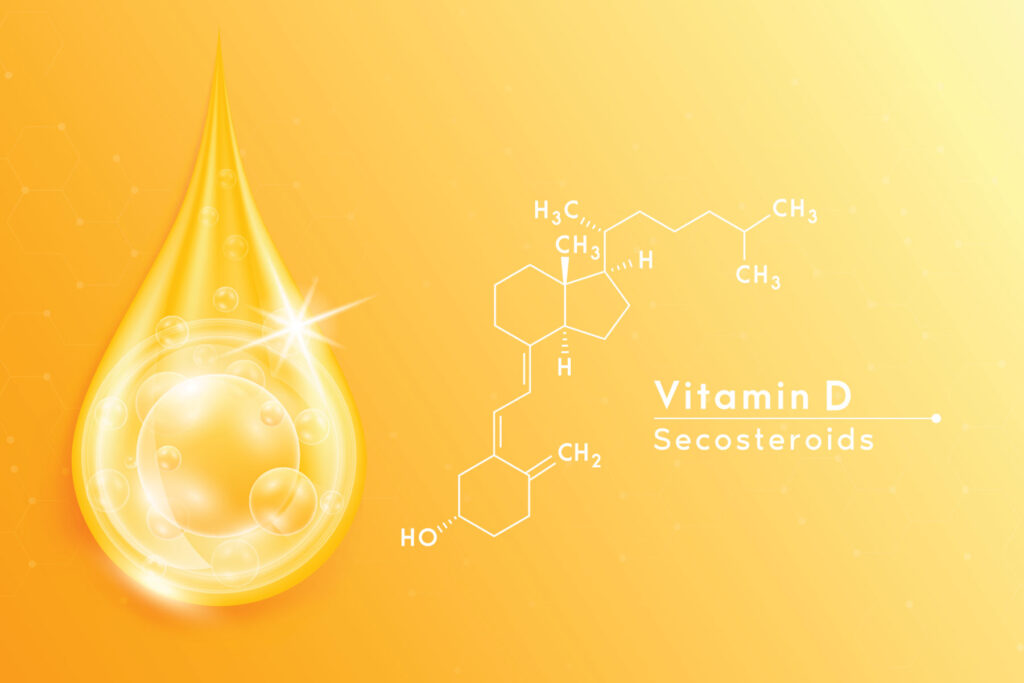
- Vitamin C
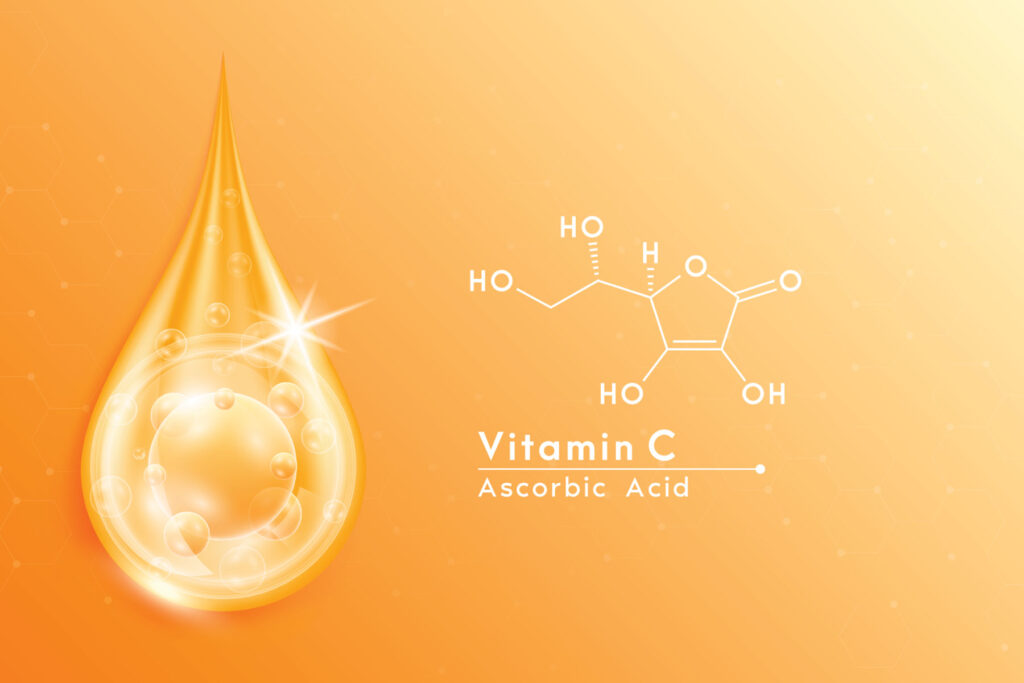
Vitamin C is found in the both outer and inner layers of skin. Not only Its antioxidant help with cancer medications, but also it stimulates collagen production. This is why vitamin C is in anti-aging skin care products.
- Vitamin E
Vitamin E is an antioxidant that protects your skin against sun damage by absorbing the harmful UV rays from the sun. It also helps with preventing dark spots and wrinkles.
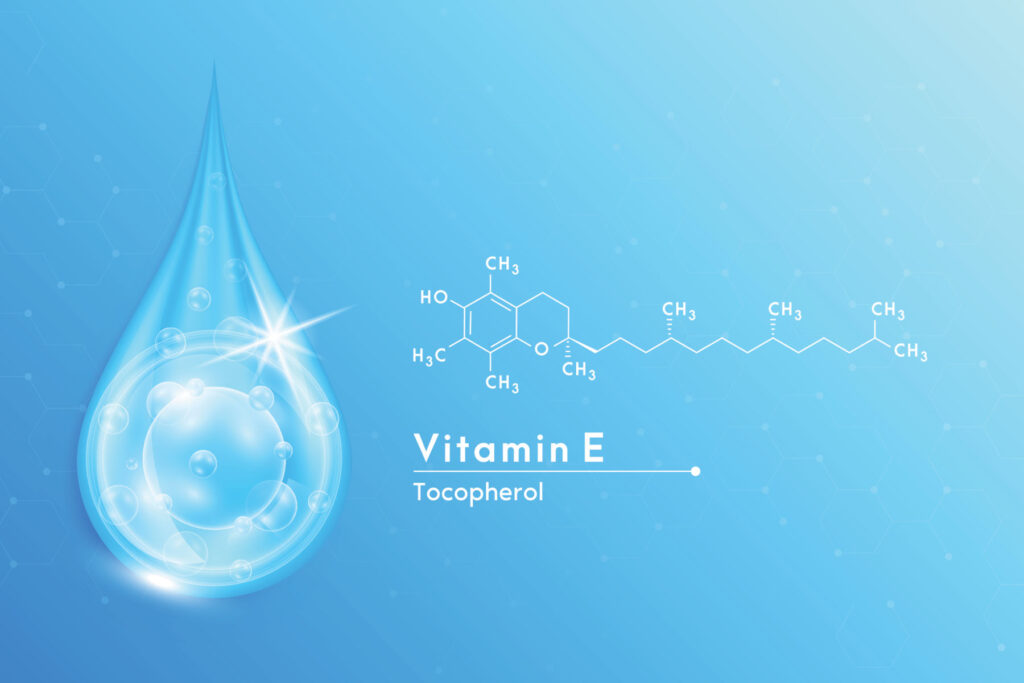
- Vitamin K
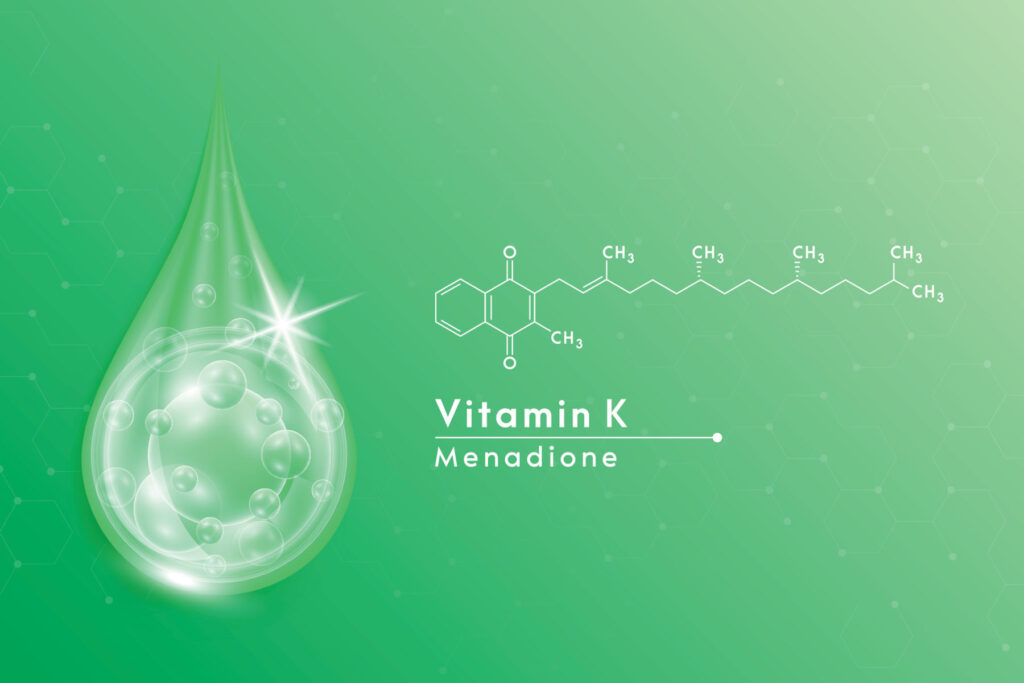
Vitamin K helps with skin conditions such as scars, dark spots, stretch marks. It also allows your body to heal wounds, bruises, and the areas affected by surgery.
- B vitamins
You have heard about different kinds of B vitamins for sure. There are five types of vitamin B and each on help with something in our bodies.
Vitamin B1 (Thiamine) helps with proper cellular function.
Vitamin B2 (Riboflavin) helps you get energy.
Vitamin B3 (Niacin) is necessary for your nervous system.
Vitamin B6 (Pyridoxine) is vital for your immune system.
Vitamin B7 (Biotin) helps with oxidative stress.

- Folic acid
Folic acid helps with preventing or treating low folate and high homocysteine. Pregnant women should take folic acid to avoid severe congenital disabilities. Folic acid also helps with depression, stroke, and the decline of memory and thinking skills.
Vitamins for Women
All women should take a daily multivitamin containing B vitamins, calcium, vitamins K, A, D, and E, as well as magnesium, zinc, and folate. Iron is also essential for women specifically.
If You need recommendations for choosing vitamin pills, you can contact us. We are here to help you make the right decision for your health and wellbeing.




